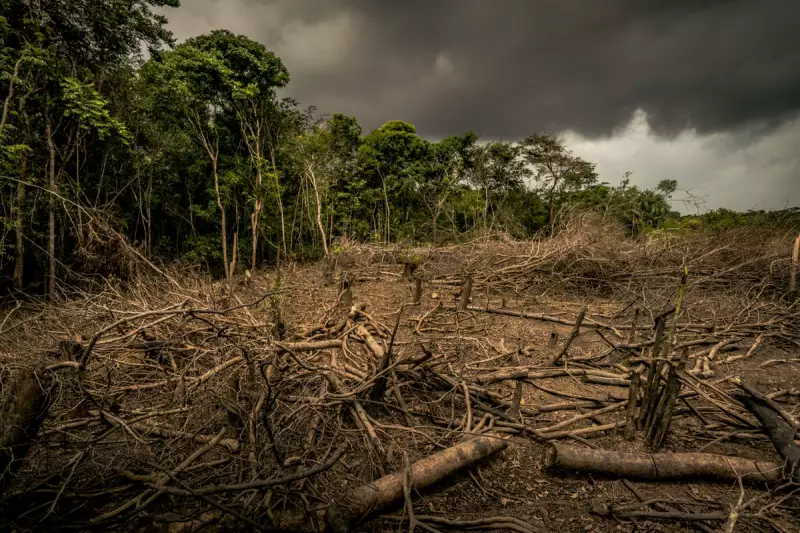
Some of Britain's biggest supermarket chains are inadvertently contributing to the destruction of vital South American ecosystems through their meat supply chains, according to a damning new report from WWF.
The Hidden Environmental Cost of Your Shopping Basket
The investigation reveals that despite public commitments to sustainability, major retailers including Asda and Lidl continue to source meat from companies connected to deforestation in the Amazon, Cerrado, and Chaco regions.
These biodiverse areas, often described as the "lungs of the planet," are being cleared at an alarming rate to create pastureland for cattle ranching.
Which Supermarkets Are Implicated?
WWF's comprehensive analysis examined the supply chains of several prominent UK grocery retailers. The findings paint a troubling picture of how everyday products on British shelves may be driving environmental destruction thousands of miles away.
- Asda showed particularly poor performance in traceability and sustainability commitments
- Lidl and other major chains were also linked to problematic supply chains
- Several retailers lacked transparent monitoring systems for their meat sources
The Scale of the Problem
The environmental impact extends far beyond tree loss. These ecosystems are critical for:
- Regulating global climate patterns
- Supporting indigenous communities
- Maintaining biodiversity with countless unique species
- Preserving vital water cycles
Mike Barrett, WWF's executive director of science and conservation, emphasised the urgency: "The UK's consumption is having an impact overseas. We're all complicit in that."
What Needs to Change?
The report calls for immediate action from both retailers and policymakers. Supermarkets must implement robust traceability systems and ensure their suppliers aren't contributing to deforestation. Meanwhile, the UK government is being urged to strengthen environmental legislation governing imported goods.
Consumers also have a role to play by demanding greater transparency and supporting retailers who demonstrate genuine commitment to sustainable sourcing.
The clock is ticking for these precious ecosystems, and the choices made by British supermarkets today will determine whether future generations inherit a planet with these vital natural wonders intact.





